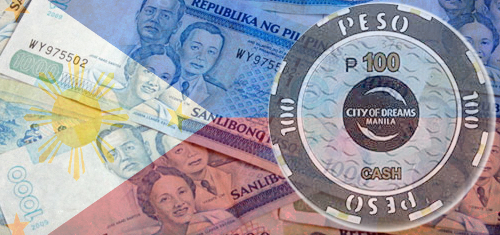 Casinos in the Philippines could be forced to adhere to strict anti-money laundering (AML) requirements if local politicians approve a new piece of legislation.
Casinos in the Philippines could be forced to adhere to strict anti-money laundering (AML) requirements if local politicians approve a new piece of legislation.
This week, Rep. Feliciao Belmonte Jr. introduced HB 14 into the House of Representatives. The bill would remove the exemption local casinos received when the country passed its Anti-Money Laundering Act of 2001.
Belmonte said his bill was a direct response to the recent Bangladeshi bank heist scandal, in which $81m was unlawfully transferred from Bangladesh government accounts at the Federal Reserve Bank in New York and funneled through local banks, casinos and junket operators. Most of the $81m remains unaccounted for to this day, in part due to law enforcement’s inability to accurately track the money once it entered the country’s gaming industry.
Belmonte hopes the casinos’ inclusion under the Act will bring the Philippines into full compliance with the international Financial Action Task Force (FATF), which has warned the Philippines that its failure to act could land the country back on the FATF’s ‘grey’ list of jurisdictions that are vulnerable to laundering high-jinks.
If Belmonte’s act is approved, local casinos would be required to obtain more information on their customers and keep more detailed records on their transactions, report all “covered and suspicious” transactions to the Anti-Money Laundering Council, and refrain from converting money from one form to another unless that money has been used for gambling purposes.
Philippine casinos, in particular the two new integrated resorts in Manila’s Entertainment City gaming zone, have been some of the principal beneficiaries of China’s crackdown on VIP gambling in Macau casinos. It’s unknown how great an impact any new AML requirements would have on the Philippines’ VIP boom.
Since the Philippine Amusement and Gaming Corporation (PAGCOR) is the second largest contributor of tax revenue to the state, some observers have suggested the AML legislative moves are a temporary piece of performance art intended to mollify the angry Bangladesh government, while ensuring no long-term interruption of casino tax revenue. Time will tell.